Israeli forces have taken control of the Rafah border crossing with Egypt in the Gaza Strip, escalating tensions in the region amid ongoing ceasefire negotiations with Hamas. This move by Israel comes despite Hamas’ recent acceptance of a ceasefire proposal mediated by Egypt and Qatar. However, Israel has expressed dissatisfaction with the terms of the proposed ceasefire, stating that they do not address its core demands. Diplomatic efforts and military actions remain in a delicate balance, offering limited hope for a pause in the conflict that has devastated Gaza for the past seven months.
The seizure of the Rafah crossing, a critical point for aid and civilian movement, was carried out by the Israeli 401st Brigade early on Tuesday. The crossing serves as a vital lifeline for Gazans in need of essential supplies and as an escape route for those seeking refuge in Egypt. However, with over a million people displaced in Rafah alone due to Israeli military operations elsewhere in Gaza, concerns have been raised about the safety and well-being of civilians.
READ ALSO — Iran Threatens Israel with Harsh Repercussions if Retaliated Against
The United States has urged Israel to exercise restraint and has cautioned against a full-scale invasion of Rafah without a credible plan to protect civilians.
Meanwhile, the toll of the conflict continues to rise, with approximately 80% of Gaza’s population displaced and extensive damage to infrastructure, including homes, hospitals, mosques, and schools. Local health officials report a significant death toll, approaching 35,000 people.
READ ALSO — Pakistan Calls for Restraint and De-escalation from Iran and Israel Following Missile Strikes
In response to Israel’s actions in Rafah, the UN human rights office has emphasized Israel’s obligations under international humanitarian law to protect civilians in Gaza. The UN spokesperson stressed the importance of ensuring access to essential services such as medical care, food, water, and sanitation for civilians in conflict zones. Failure to meet these obligations could constitute war crimes, particularly if actions result in forced displacement.
The UN has condemned Israel’s operation in Rafah, citing strong indications of violations of international humanitarian law. These developments highlight the urgent need for all parties involved to prioritize the protection of civilians and work towards a sustainable ceasefire agreement that addresses the root causes of the conflict.


